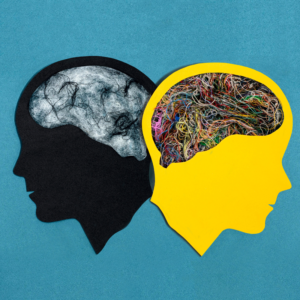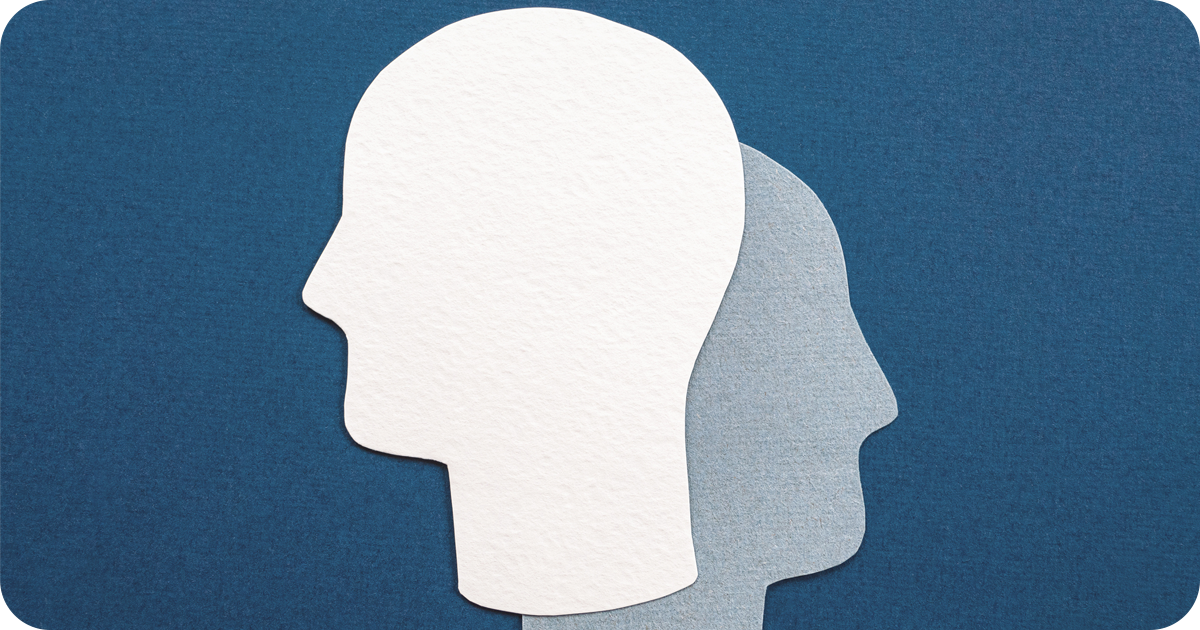How Common Is Dual Diagnosis?

Depending on the type of disorder first discovered, a dual diagnosis might be extremely common. Among individuals addicted to cannabis, 75% of them have some sort of dual diagnosis, most often a mood or anxiety disorder. Brain and spinal cord injury cases are also very common, occurring anywhere from 15-70% of the time, depending on the factors involved during the initial diagnosis.
For schizophrenia diagnoses, 55% of patients have pre-existing substance abuse disorders, and 66% of patients with a substance abuse disorder also have a pre-existing psychiatric disorder as well.
Alcohol and drug disorders are especially commonplace in dual diagnosis scenarios, existing alongside disorders such as PTSD, clinical depression, and the use of other drugs. Alcohol and drug usage are heavily associated with psychiatric disorders, with the psychiatric disorder often existing first. Nicotine dependence is especially common in these scenarios.
Substance abuse dual diagnoses are so common, in fact, that a study revealed the rates of a substance abuse disorder were less common among the general populace than among patients with other disorders. About half of these patients experienced an alcohol abuse disorder at some point in their lives. Substance use disorder also tended to be more common in patients who are young, male, single, and less educated.
What Causes Dual Diagnosis?
As mental health disorders often appear before a substance disorder does, it can be assumed that the struggle caused by mental health issues makes people more likely to turn to drugs and alcohol, creating a dual disorder and, later, a dual diagnosis. In the past, vulnerable people were frequently institutionalized before humanitarian efforts began in hopes to deinstitutionalize people with such disorders. Instead, they were often left to fend for themselves in poor living conditions that often involved danger from both gangs and drugs.
Being in such an environment only raises the odds of someone developing a drug abuse disorder. This psychosocial risk perspective theorizes that patients with a severe psychiatric disorder are more likely to engage in risk-taking behaviors, such as drugs and alcohol. Patients will often turn to mind-altering substances in order to try and cope with stress and trauma due to a lack of better solutions and resources. These factors all explain why the combination of mental disorders and substance abuse disorders is so common.
What Challenges Are Associated with Dual Diagnosis?
For years, mental health treatment and drug addiction recovery were considered to be two separate issues with very separate treatment processes. People who had two or more disorders diagnosed would be encouraged to deal with them separately, often needing to treat one before seeking treatment for the other.
To do so, they would need to seek care at two different facilities, putting the burden of integrated treatment on the patient, rather than medical professionals. In the worst-case scenario, these patients would be excluded from getting treatment entirely, making it impossible to find a solution.
Even with the rise of integrated treatments, however, it might still be a bumpy ride to recovery. Substance abuse disorders are lifelong, necessitating constant vigilance, even after people have begun recovery. As people advance in recovery, their existing dual diagnosis may continue to create stress and risk a potential relapse.
Women often face extra stigma when it comes to dual diagnoses. Because dependency and its accompanying struggles are often viewed more harshly when the sufferer is a woman, sex and gender-based perspectives for treatment can be helpful.

There isn’t clear data on how many women suffer from a dual diagnosis compared to the documented rates for men, and those who do get diagnosed often face sexism from society as a result of gender stereotypes and norms. Women may even fear gendered violence, the loss of children, or sexual abuse, preventing many from seeking help in the first place.
Proper treatment is also more complicated for the homeless population. These individuals experience dual diagnoses of a psychiatric disorder and a substance abuse disorder almost 20% of the time. Lack of housing and the stigmas associated with being homeless can decrease their chances of obtaining treatment.

























